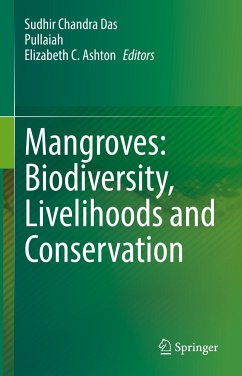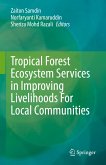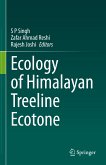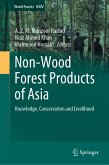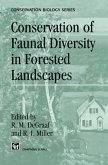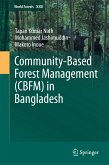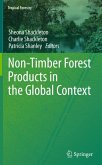This contributory volume is a comprehensive collection on the mangrove forest eco-system and its ecology, the resources and potentials of mangroves, conservation efforts, mangrove eco-system services and threats to conservation. The book is an all-inclusive compilation on the status, conservation and future of mangroves.
Mangroves are a unique ecosystem providing several ecosystem services. They are formed in the inter-tidal areas of large rivers and coastal islands. Mangroves thrives due to constant interaction with the terrestrial and marine ecosystem. These are the species dynamics, varying tidal amplitudes, plant succession, changing floral pattern of the channels of the estuary, the varying sediment transportation. There was 20% decline in mangrove forest area in the last 25 years due mainly to conversion and coastal development. Lengthy recovery periods required for the degraded mangrove forests. Hence there is an urgent need to take stock of the updated information on these mangroves at global level. It is of immense value to scientific community involved in teaching, research and extension activities related to mangrove conservation.
Dieser Download kann aus rechtlichen Gründen nur mit Rechnungsadresse in A, B, BG, CY, CZ, D, DK, EW, E, FIN, F, GR, HR, H, IRL, I, LT, L, LR, M, NL, PL, P, R, S, SLO, SK ausgeliefert werden.

